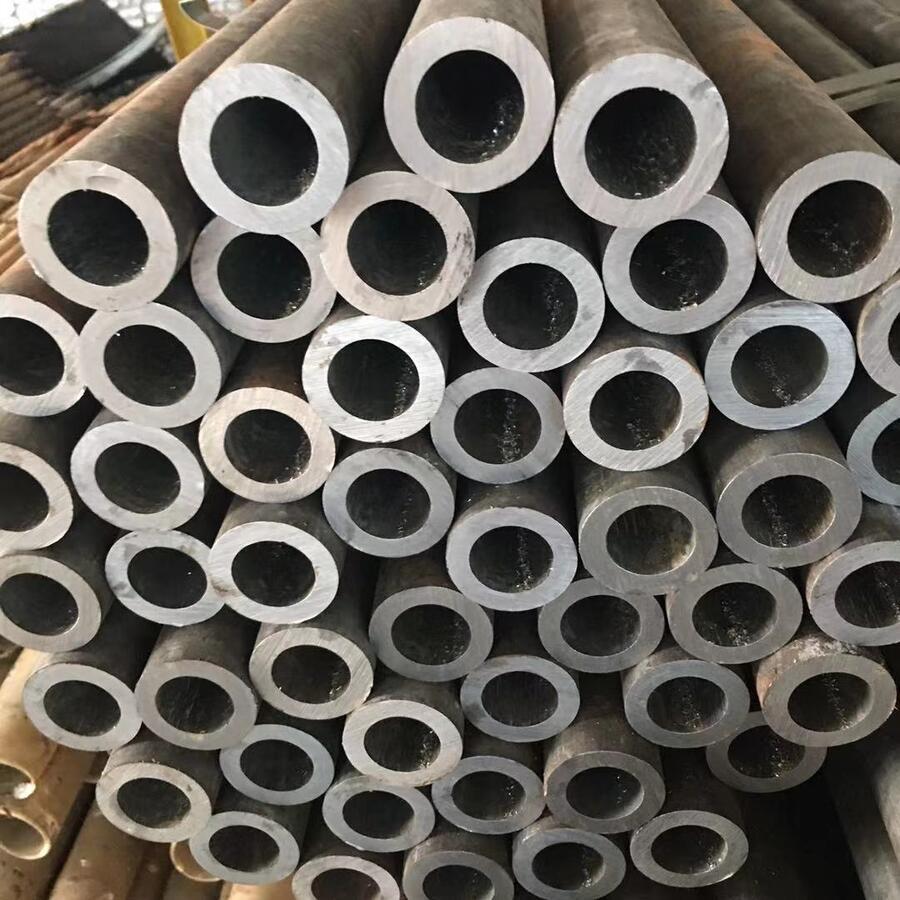Introduction to Mill Steel Mechanical
Mill steel mechanical refers to the various mechanical processes and equipment involved in the production and manipulation of steel in mills. This encompasses a wide range of activities, from the initial processing of raw materials to the final shaping and finishing of steel products. Understanding mill steel mechanical is crucial for industries that rely on steel for construction, تصنيع, and other applications.
The Importance of Mill Steel Mechanical
In today’s industrial landscape, the role of mill steel mechanical cannot be overstated. Steel is a fundamental material used in numerous applications, and the efficiency of its production directly impacts the overall productivity of various sectors. By optimizing mill steel mechanical processes, companies can achieve better quality products, تقليل النفايات, and enhance operational efficiency.
Key Components of Mill Steel Mechanical
Several key components make up the mill steel mechanical process:
- المطاحن المتداول: These are machines that reduce the thickness of steel by passing it through a series of rollers.
- Heat Treatment Furnaces: Used to alter the physical and sometimes chemical properties of steel, enhancing its strength and durability.
- Cutting and Shearing Machines: Essential for shaping steel into desired dimensions.
- معدات اللحام: Used to join steel components together, ensuring structural integrity.
Specifications of Mill Steel Mechanical Equipment
Understanding the specifications of mill steel mechanical equipment is vital for selecting the right machinery for specific applications. Below is a comprehensive table showcasing various parameters of mill steel mechanical equipment:
| نوع المعدات | Max Capacity (طن/ساعة) | قطر لفة (مم) | عرض اللفة (مم) | استهلاك الطاقة (KW) | درجة حرارة التشغيل (درجة مئوية) | وزن (كجم) | أبعاد (طول × عرض × ارتفاع, مم) |
|---|---|---|---|---|---|---|---|
| مطحنة الدرفلة الساخنة | 100 | 600 | 1200 | 500 | 1200 | 25000 | 15000x5000x4000 |
| مطحنة المتداول الباردة | 80 | 400 | 1000 | 300 | 80 | 15000 | 12000x4000x3500 |
| Heat Treatment Furnace | 50 | لا يوجد | لا يوجد | 200 | 900 | 10000 | 8000x3000x3000 |
| آلة القص | 60 | لا يوجد | 1500 | 150 | لا يوجد | 8000 | 6000x2000x2500 |
| Welding Machine | 30 | لا يوجد | لا يوجد | 100 | لا يوجد | 5000 | 3000x1500x2000 |
Applications of Mill Steel Mechanical
Mill steel mechanical processes are utilized in various industries, مشتمل:
- بناء: Steel beams, أعمدة, and reinforcements are essential for building structures.
- السيارات: Steel components are critical for vehicle manufacturing, ensuring safety and durability.
- الفضاء الجوي: High-strength steel is used in aircraft components to withstand extreme conditions.
- تصنيع: Various machinery and tools are produced using steel, highlighting its versatility.
Advancements in Mill Steel Mechanical Technology
The field of mill steel mechanical is continuously evolving, with advancements in technology leading to improved efficiency and product quality. Some notable trends include:
- الأتمتة: The integration of automated systems in mills enhances precision and reduces labor costs.
- التصنيع الذكي: IoT and AI technologies are being employed to monitor and optimize production processes in real-time.
- كفاءة الطاقة: New technologies are being developed to reduce energy consumption during steel production.
خاتمة
ختاماً, mill steel mechanical plays a pivotal role in the steel industry, influencing the quality and efficiency of steel production. By understanding the various components, تحديد, and advancements in this field, professionals can make informed decisions that enhance productivity and product quality. مع استمرار التكنولوجيا في التطور, the future of mill steel mechanical looks promising, paving the way for more innovative and efficient production methods.
Further Reading
For more information on mill steel mechanical and related technologies, فكر في الزيارة هاني التكنولوجيا و هاني علم المعادن for in-depth resources and insights.




